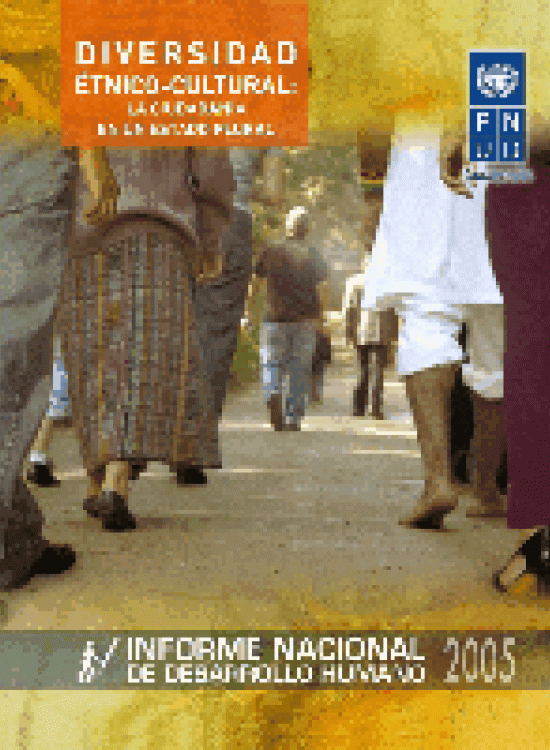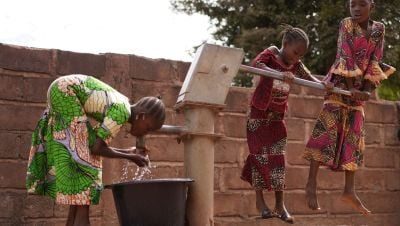Ethnic and Cultural Diversity: Citizenship in a plural state

Citation
Karin Slowing Umaña - Coordinator , Edelberto Torres-Rivas - Academic Advisor , Gustavo Arriola Quan - Research and Statistics , Pamela Escobar - Research and Statistics. 2005. Ethnic and Cultural Diversity: Citizenship in a plural state. New York.
Ethnic and Cultural Diversity: Citizenship in a plural state
Posted on: January 01, 2005
The seventh National Human Development Report of Guatemala addresses the question of ethnic-cultural diversity. In Guatemala, there are strong links between ethnic diversity/racism and inequality, which can be traced back to the Spanish conquest in the 16th century. Although, interethnic relations in Guatemala have certainly evolved throughout the centuries, racism is still very much alive and deeply rooted in the attitudes and practices of common people and of public and private institutions. Racism leads to discrimination in the access to human development opportunities, especially for the indigenous population. Other determining factors of inequality include gender, location (urban/rural) and socioeconomic status, which place some groups of the population in particular conditions of disadvantage. The Reports underlines that it is, however, possible to break the vicious association between ethnic diversity and inequality and create a virtuous circle of human development that benefits all. The Report shows that positive changes have taken place during the last decade in closing the interethnic gaps in human development. However, the rhythm at which advances have been attained is too slow compared with what is required and needed. There are four areas of priority that ought to be urgently addressed in order to further human development and ethnic equity in Guatemala, which include: (1) Disentangling the productive capacities of the population by reforming the economic sector; (2) scaling up political participation from the local to the national level; (3) developing human capacities through educational reforms; (4) eliminating racism and discrimination from the Guatemalan culture and institutions. The key challenge to promote human development in the country is to make Guatemala an inclusive and pluralistic State.

